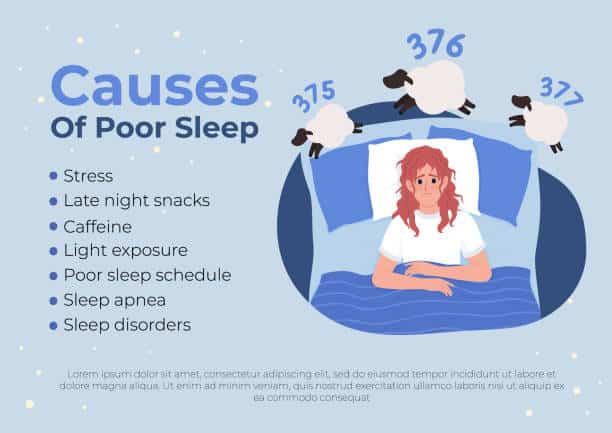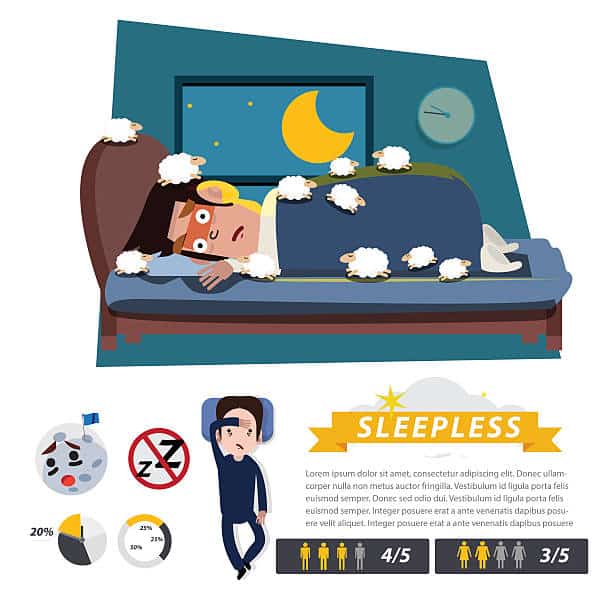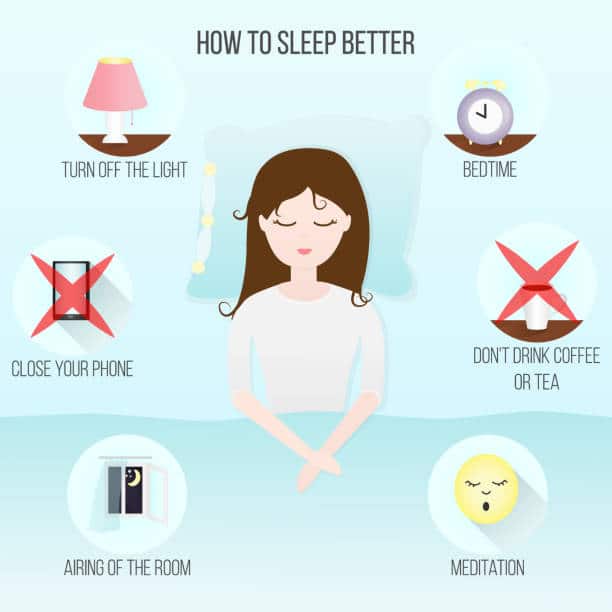It is common knowledge that sleep is very important to our bodies. But how many hours of sleep do you require? The answer, once again, depends on how young or old you may be. Newborns require more sleep than the elderly, and sleep requirements change with age because the body’s needs slightly differ with each developmental stage. Let’s take a closer look into this article to explore the way sleep works, sleep scores, and the need for sleep in human lives through the ages.
The Importance of Sleep Across All Ages

Before breaking down sleep requirements, let’s briefly touch on why sleep is so crucial:
- Physical Health: One opposite of rest is sleep and it is known to restore and refresh the body. Rapid eye movement is had during the sleep time and it has growth hormones that are used to heal and build muscles.
- Mental Health: Sleep is a critical physiological function for the proper functioning of the brain and the emotional wellbeing of an individual, as well as moods.
- Cognitive Function: First, it challenges and assists in maintaining the brain’s ability to remember, learn and solve problems.
- Immune System: Sufficient sleep increases resistance to cutting down the possibilities of being ill.

Sleep is essential for the body and the mind in that when the body is tired, it needs to rest to enhance great performance. Still, as will be discussed in this paper, there is a disparity between the required amount of sleep and the age of the population.
Sleep Requirements by Age

1. Newborns (0-3 Months)
- Sleep Needed: 14 to 17 hours per day
- Key Sleep Features: Most babies are born with immature sleeping patterns and they are awake only to feed and for diaper change.
- Why It Matters: REM is important during this stage to enhance brain development and physical growth, as well as the occurrence of rapid eye movement. Newborns, being as they are, take about 30 minutes or slightly more before settling in REM which is essential for brain development.
2. Infants (4-12 Months)

- Sleep Needed: This is further between 12 and 16 hours in a day that the baby will be asleep in total without counting nightsleep.
- Key Sleep Features: Growing infants begin to sleep through fewer wakes in comparison to earlier days of their lives.
- Why It Matters: Sleep helps enhance motor skills as well as language within the developmental stage of young children. In simpler terms, better -leeping babies develop better thinking skills at an earlier age.
3. Toddlers (1-2 Years)

- Sleep Needed: 11 to 14 hours per day
- Key Sleep Features: Children of one year and below are supposed to be sleeping at least a quarter and sometimes two naps a day while their sleep pattern increases.
- Why It Matters: A little child requires 12 hours of sleep to enable him or her to play around and learn new things in the surrounding environment. Misbehavior like having a meltdown is sometimes caused by lack of sleep.
4. Preschoolers (3-5 Years)

- Sleep Needed: 10 to 13 hours per day
- Key Sleep Features: In this age, children may drop naps but still need a full night’s sleep, or even more.
- Why It Matters: The concrete operational stage is a crucial age, especially as far as social and emotional development is concerned. Young people are able to control their feelings and adequate rest contributes to the development of the ability to do so.
5. School-Age Children (6-12 Years)

- Sleep Needed: 9 to 12 hours per day
- Key Sleep Features: There is a more regular time that the family is required to go to bed. This age starts developing pressure in school and in transacting with peers, hence making sleep even more crucial.
- Why It Matters: Rest aids concentration, schoolwork, as well as exercise. Prolific delays in the learning of behaviors and other tasks could be attributed to a lack of quality sleep.
6. Teenagers (13-18 Years)

- Sleep Needed: 8 to 10 hours per day
- Key Sleep Features: A circadian phase delay means that teens naturally begin to use a later bedtime and later wake up because of hormonal changes.
- Why It Matters: Sufficient sleep in teenagers improves academic achievements, well-being and capability to learn. Teenagers who sleep less than the recommended period are more prone to falling prey to depression, poor academic performance and car accidents resulting from severe tiredness.
7. Young Adults (18-25 Years)

- Sleep Needed: 7 to 9 hours per day
- Key Sleep Features: The youth, specifically college-going or usually have disrupted sleep schedules resulting from their lifestyles.
- Why It Matters: It will also go a long way in helping the brain remain healthy in the long run, creativity and also building a strong emotional base. Some effects of sleep deficit include increased weight, anxiety and many more.
8. Adults (26-64 Years)

- Sleep Needed: 7 to 9 hours per day
- Key Sleep Features: It is common for adults to struggle with issues of timing when it comes to sleeping since there are so many responsibilities at the workplace, home and elsewhere.
- Why It Matters: Adults require an amount of sleep that is healthy to their body systems and can reduce chances of developing some diseases and increase efficiency.
9. Older Adults (65+ Years)
- Sleep Needed: 7 to 8 hours per day
- Key Sleep Features: When it comes to sleep older people establish light sleep with a number of awakenings during the night.
- Why It Matters: Sleep is essential in the overall functioning of the brain, mood and keeping diseases such as dementia at bay as people age. Older people require a little less sleep than younger people but sound sleep is equally as necessary.
Factors That Affect Sleep Requirements

While these age-specific sleep guidelines provide a general framework, several factors can influence an individual’s specific sleep needs:
- Genetics: There are those who need to sleep more than others or those who are uncomfortable with several hours of sleep at night.
- Health Conditions: Medically related conditions such as chronic ailments or pain, or psychological conditions like depression and anxiety will predispose one to poor quality and/or quantity of sleep.
- Lifestyle: Caffeine affects the need for sleep, as does diet and stress, as well as exercise and other forms of physical activity.
- Sleep Quality: No one will dispute the fact that it is not only about the number of hours but also about quality. Lack of sleep, or sleep that is disturbed or fragmented may still make you feel weary even if you have spent the eight hours in bed.
Common Sleep Disorders by Age

- Newborns and Infants: Night waking and settling problems for sleep and poor sleep pattern are other issues common among children with ASD.
- Toddlers and preschoolers: Some special types of sleeping walking and reduction in jerky movements of the muscles may be seen in this stage.
- School-Age Children: They are likely to develop nightmares, sleepwalking, and will find it hard to sleep.
- Teens: Sleep phase delay syndrome and insomnia are not the exception, but the rule.
- Adults: Examples include insomnia, sleep apnea and restless leg syndrome.
- Older Adults: They sleep apnea, insomnia, and of awakenings is likely to rise.
This should continue helping when it comes to issues that endanger sleep quality at different phases of life, including sleep disorders.
Conclusion: Prioritize Sleep for Long-Term Health
Rest is another little understood aspect of a healthy lifestyle; however, it should not be underestimated. For all, it is crucial to have enough sleep to be able to think, feel, or be healthy. Staying well-rested according to your age is important so that can result in leading a healthier, more productive lifestyle.




